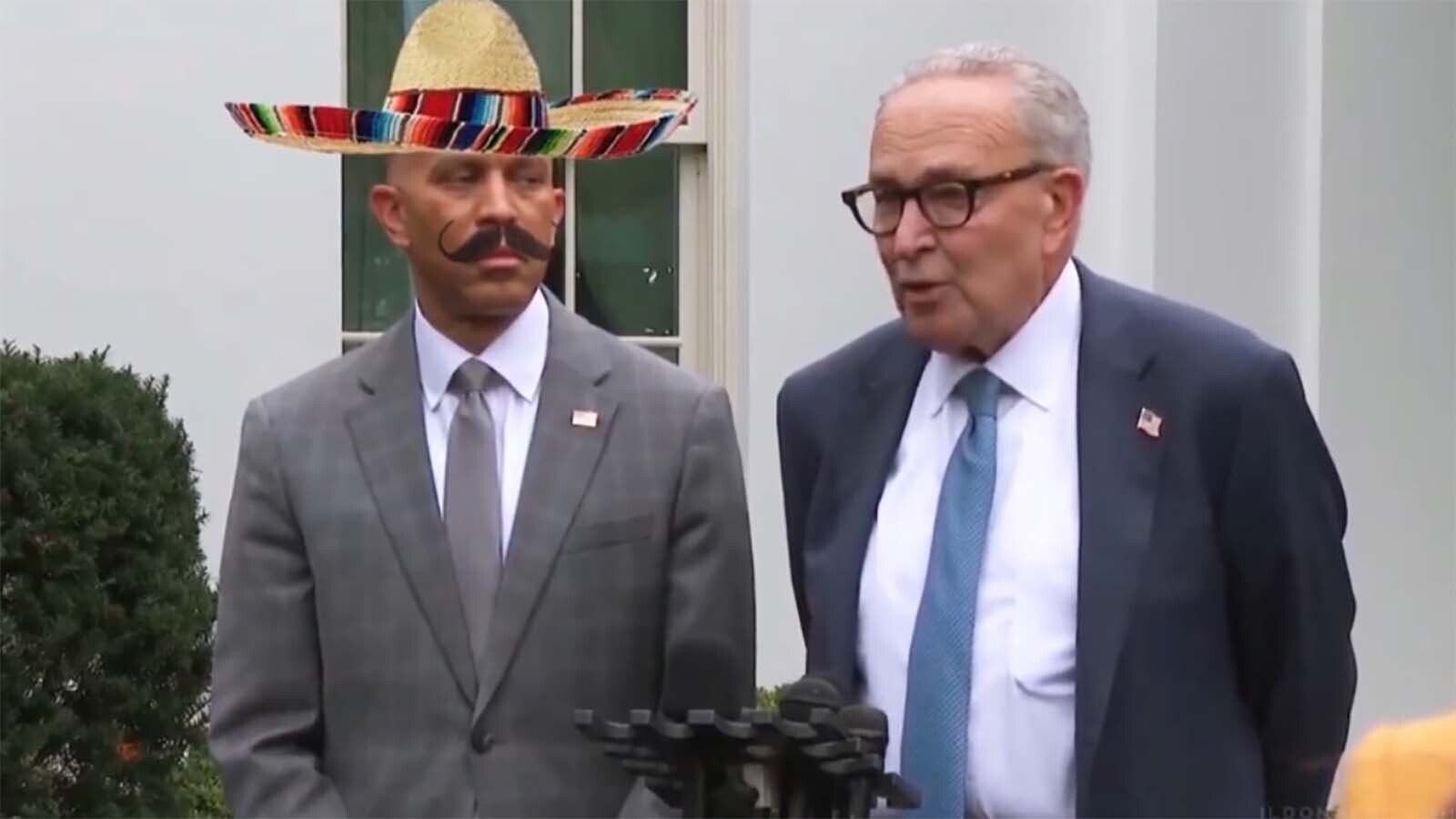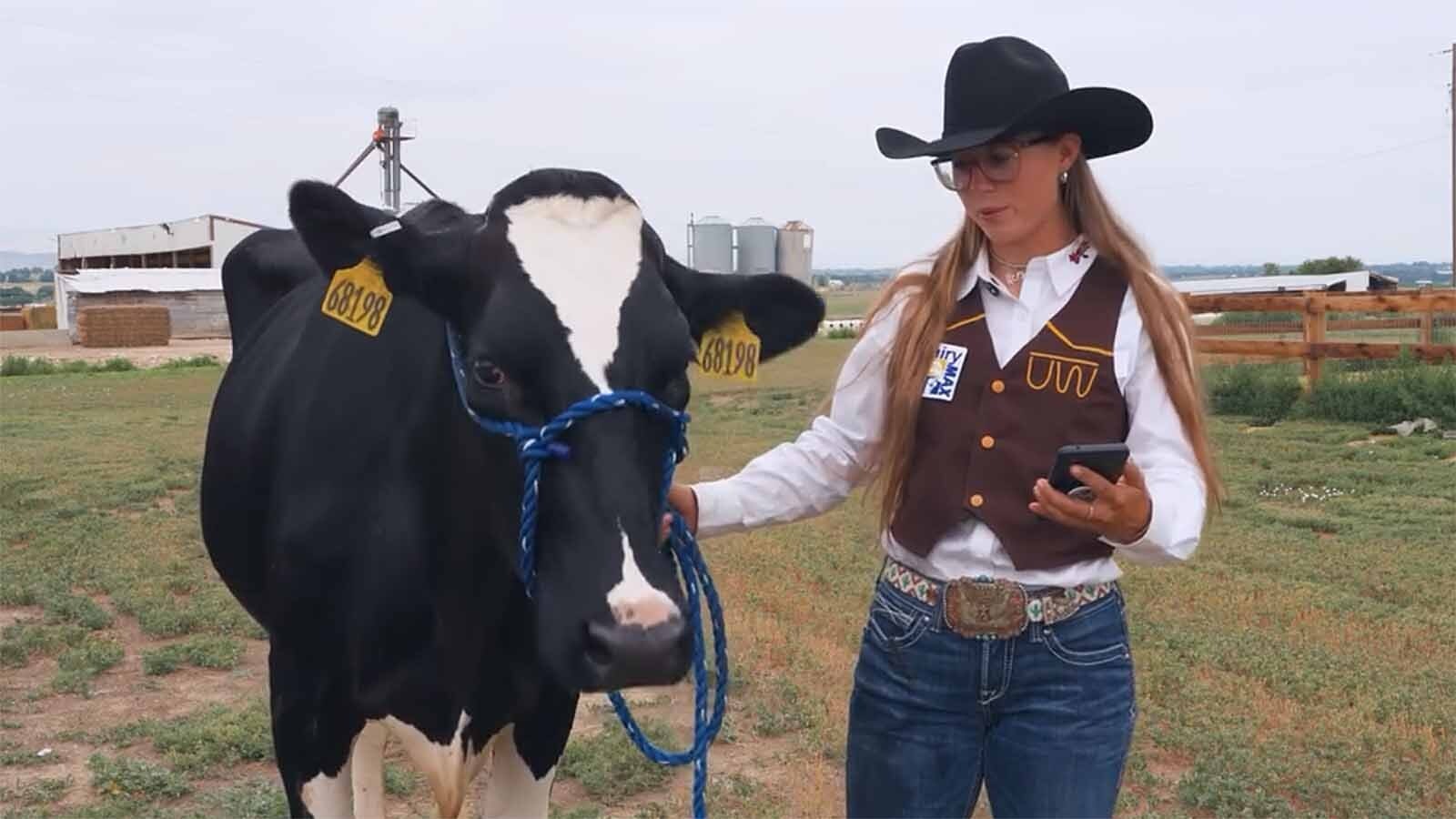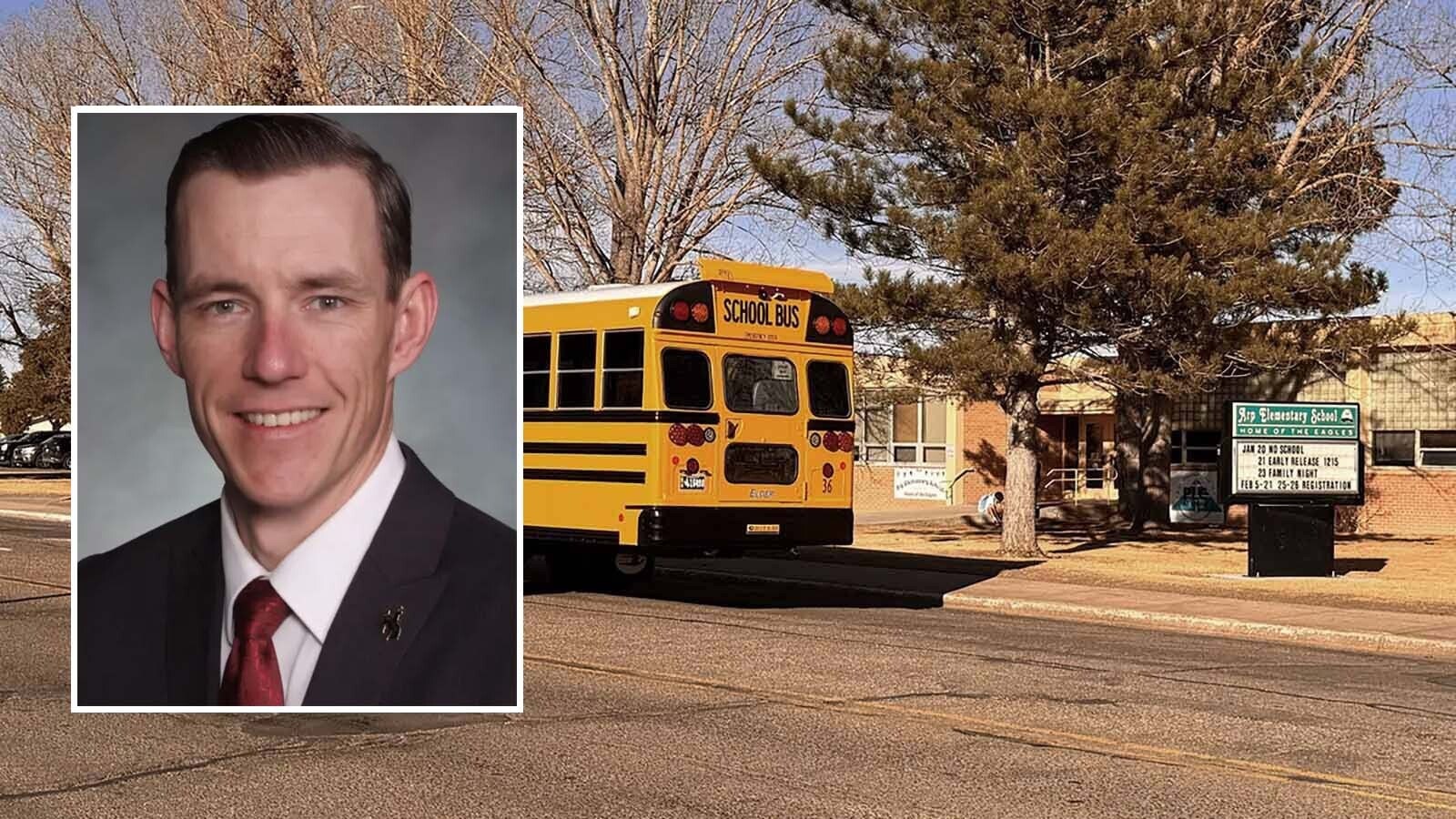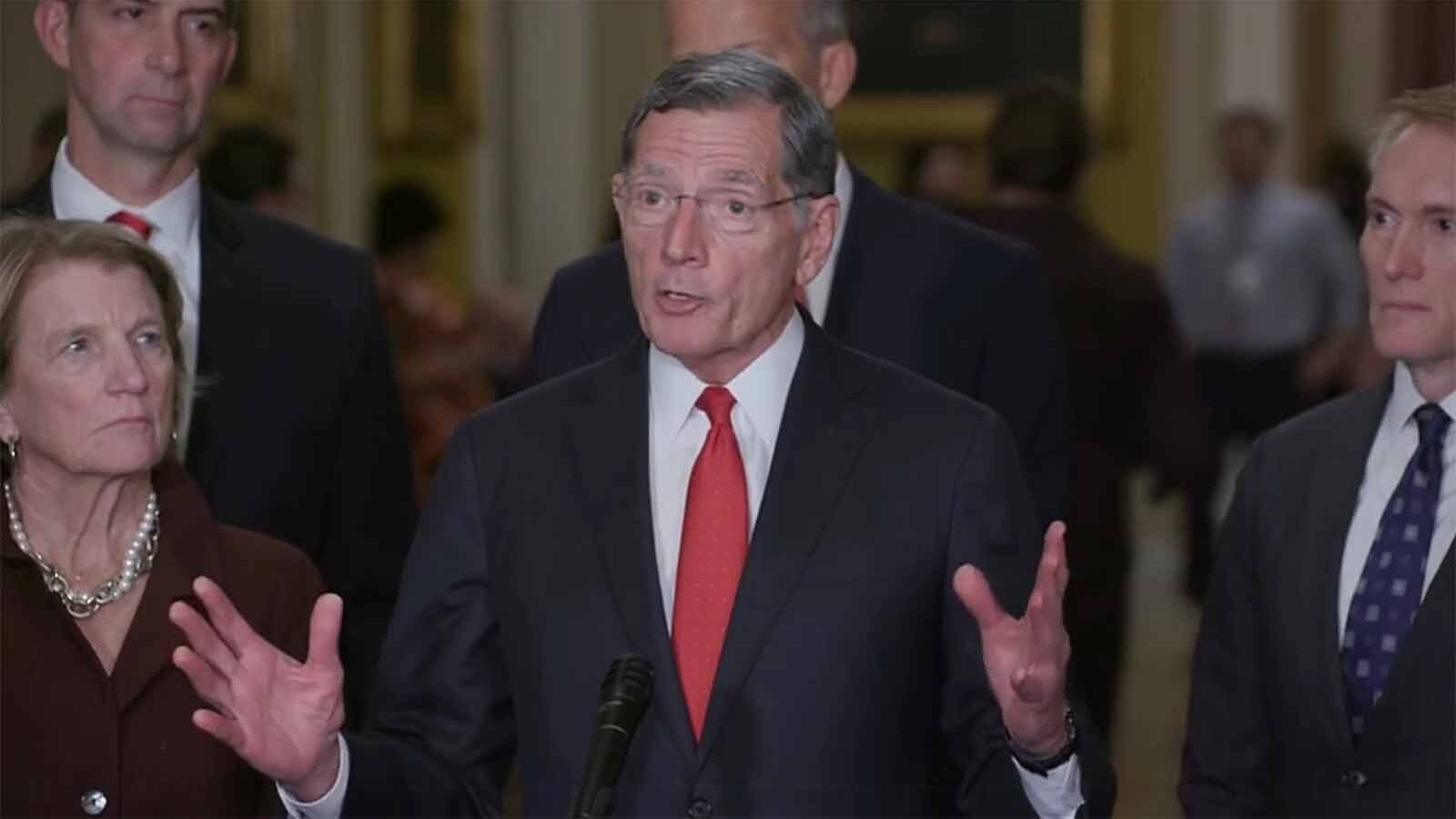The U.S. Senator from Utah who has ignited controversy in Western states by proposing a mandatory selloff of between 2 million and 3 million acres of public lands in the next five years is offering to scale back his plan.
Enclosed in the U.S. Senate’s version of the One Big Beautiful Bill Act is language that, if it becomes law, would require the sale of between 0.5% and 0.75% of Bureau of Land Management and National Forest System parcels.
The sales could only go toward housing development or “associated community needs,” says the bill text.
Numerous lands are exempted, including national parks, national recreations areas and preserves, national conservation areas, fisheries and trails, and other federally protected lands.
The plan, championed by U.S. Sen. Mike Lee, R-Utah, has drawn intense backlash from a full spectrum of groups ranging from hunters to environmentalists.
On Monday night, Lee offered to narrow the scope of the sale.
“Thanks to YOU — the AMERICAN PEOPLE — here’s what I plan to do,” wrote Lee in a Monday-evening post to X, formerly Twitter. The new plan he intends to push, Lee said, would:
• No longer include Forest Service land. “We are NOT selling off our forests.”
• Significantly reduce the amount of BLM land in the bill, by confining it to those within five miles of population centers.
• Establish freedom zones to ensure those lands benefit American families.
• Protect farmers, ranchers, and recreational users. “They come first.”
“Stay tuned,” added Lee. “We’re just getting started.”
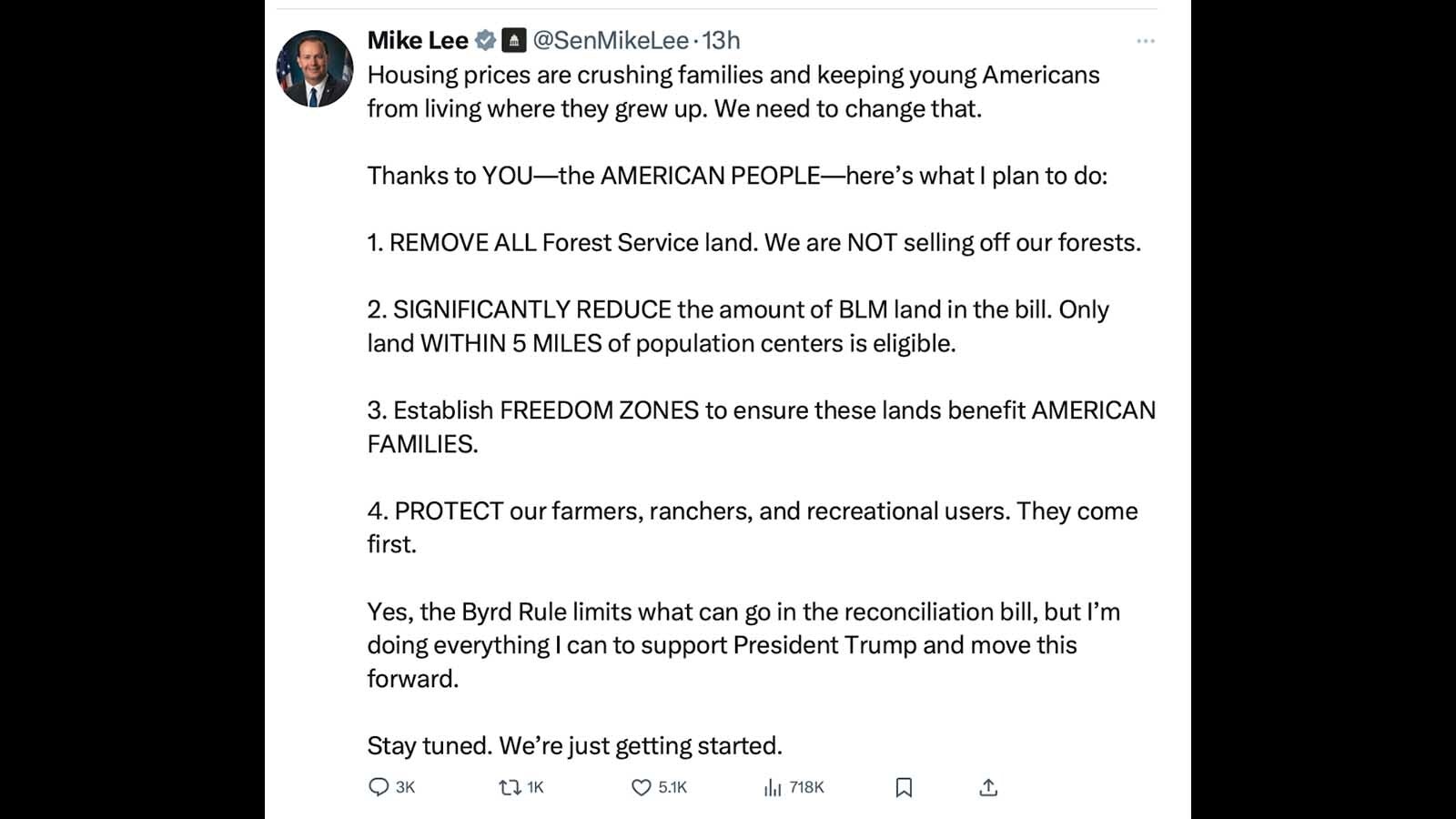
At Least They’re Listening
Alex Bakken, who spoke to Cowboy State Daily on Tuesday in his role as president of the Bow Hunters of Wyoming (not as Carbon County sheriff), was cautiously optimistic after hearing Lee’s proposed change.
If nothing else, he said, it’s a sign of congressional lawmakers listening to people.
There are still some good hunting grounds within 5 miles of towns, “and I’m not going to tell anyone where they’re at” — which means the proposed amendment is not perfect, said Bakken.
“It’s a step in the right direction,” he added.
Jamming It Through
David Willms, associate vice president of public lands at National Wildlife Federation, voiced suspicion over the 11th-hour change.
Under the normal process for transferring public lands, of which the Federal Land Policy and Management Act (FLPMA) is a vehicle, community meetings and weeks of public comment apply, he noted.
“We don’t even know how many acres (the amendment would preserve). What’s a freedom zone? What’s a population center?” asked Willms. “What states are included? Is Montana now included?”
Eleven Western states are targeted for sales under the bill, but Montana is exempted.
Land sales “can’t be undone,” Willms cautioned. “Jamming something through the reconciliation like this, it’s just not the appropriate vehicle to dispose of public lands.”
The Wrinkle
One wrinkle, wrote Lee, is the Byrd rule, which curbed the original language after a Monday ruling by the Senate parliamentarian.
That’s a Senate rule requiring budget reconciliation bills, such as the one in which the public lands provision sits, to remain focused on fiscal issues, according to the Economic Policy Innovation Center.
Changes to the reconciliation plan not related to the budget are vulnerable to point-of-order objections, the center reported.
The Senate Presiding Officer rules on points of order after receiving advice from the Senate parliamentarian.
If any material is stricken as extraneous, it can’t be offered subsequently as a floor amendment.
The Senate can override points of order with 60 votes, says the site.
What An Eruption
Proponents of the public lands selloff have noted that the federal government owns massive swaths of multiple Western states, including about half of Wyoming’s surface.
The state’s executive branch, 26 lawmakers and lone U.S. Representative last year advocated in court for a different course of action: petitioning the U.S. Supreme Court to transfer federally-held public lands (excluding tribal reservations and national parks) into state control.
The federal government’s holdings place Wyoming and other Western states in an inferior position, sovereignty-wise, to other states without such entanglements, those leaders argued at the time.
The difference between those efforts and Lee’s more recent proposal, Gov. Mark Gordon indicated Monday, is a need for local control with Lee’s effort.
The pending Senate provision would give state, local and tribal governments the ability to consult on land sales, but wouldn’t give those entities a kills switch to shut problematic sales down.
Lee’s Monday evening vow to trim back his proposal comes on the heels of a Sunday post to X vowing to hunters that, “I’ll be making changes” to the bill.
“Hunter Nation: You spoke. I’m listening. I’ll be making changes in the coming days,” Lee posted.
But from the perspective of hunters, there’s no room for compromise, Chris Steffen of Green River, director of operations for the Muley Fanatic Foundation, told Cowboy State Daily on Monday.
Clair McFarland can be reached at clair@cowboystatedaily.com.


